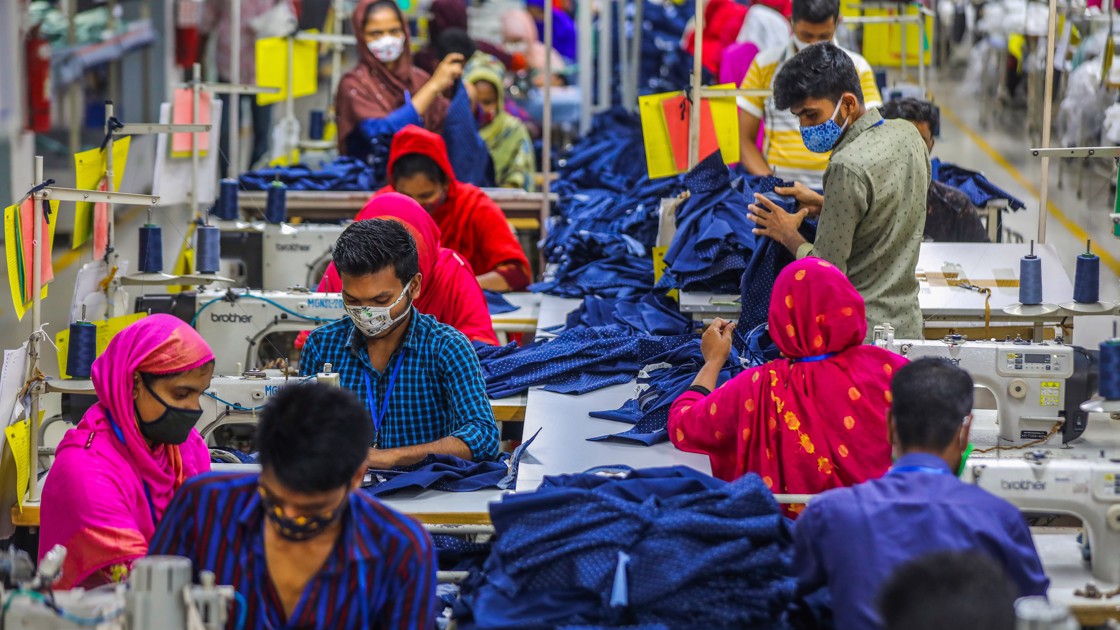For the GSP to have real impact, the EU needs to invest in monitoring and ensure that labour inspections take place in a fair and open manner. Labour rights are human rights, and we must ensure that these are protected.
Today, the GSP Platform releases its initial reaction to the European Commission’s proposal on the revision of the Generalised Scheme of Preferences (GSP). The revision, set to kick in from 2024, was seen by trade unions as a real opportunity to use EU trade measures as a positive tool to increase working and living standards of workers in developing countries, both via incentives (preferential trade tariffs) and sanctions when needed.
The current GSP aims to support developing countries in their battle against poverty by creating jobs which respect labour and human rights by removing import duties. The biggest sector which benefits from the GSP is the textiles, clothing, leather and footwear (TCLF) sectors, industries which are unfortunately known to have poor working conditions, with very little pay in many developing countries.
IndustriAll Europe previously released a position paper on the GSP Review, setting out concrete trade union demands, including labour rights, increased transparency in monitoring investigative procedures and withdrawal processes, increased access for stakeholders (e.g. trade unions) to assessments, scorecards and complaints, and an improved complaints procedure including the ability for trade unions to raise complaints about human and labour standards.
Judith Kirton-Darling, Deputy General Secretary for industriAll Europe, said:
”While we welcome some positive inclusions in the Commission’s proposal, such as the ILO Conventions on Labour Inspections and Tripartite Consultations, plus the UN Convention on the Rights of Persons with Disabilities, we are still missing an opportunity to have a real impact when it comes to implementation. It is essential that we increase the transparency and engagement with trade unions and civil society to ensure that GSP makes a real difference on the ground.’’
The proposal, which will now be discussed by Members of the European Parliament (MEPs), is seen as a key opportunity to put pressure on developing countries to increase their working conditions in order to be able to benefit from preferential trade with the EU. The GSP Platform, including trade unions and civil society, will continue to call for more engagement with stakeholders to ensure that the GSP is truly fit for purpose.
Judith Kirton‐Darling, added:
“Our work here is not done, and we call on MEPs to strengthen the Revision of the GSP to improve the monitoring and complaints procedures, which includes increasing the engagement with local trade unions. For the GSP to have real impact, the EU needs to invest in monitoring and ensure that labour inspections take place in a fair and open manner. Labour rights are human rights, and we must ensure that these are protected.’’
IndustriAll Europe position paper on the GSP revision: EN, FR, DE
Contact: Elspeth Hathaway (policy adiser)
